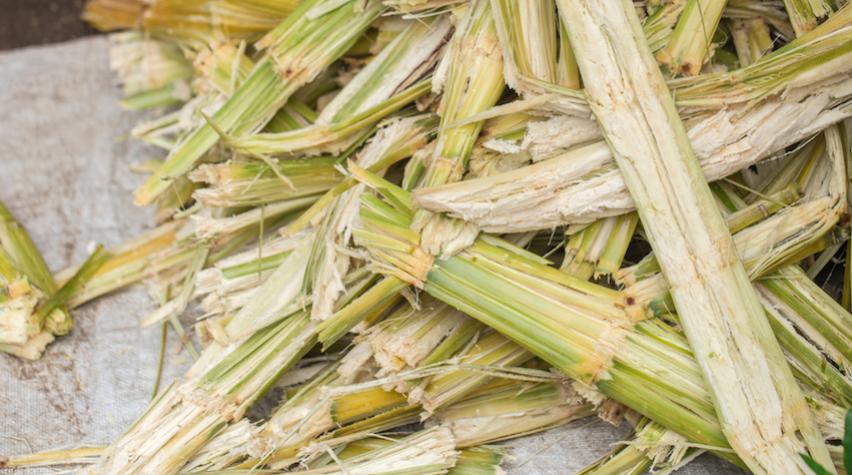
Madhu Khanna is the ACES Distinguished Professor of Environmental Economics in the Department of Agricultural and Consumer Economics and Associate Director of the Institute for Sustainability, Energy, and Environment, at the University of Illinois at Urbana-Champaign. She is also a keynote speaker at the 2019 Bioenergy Sustainability Conference. We recently chatted with Madhu to learn more about her presentation.
What specifically will you be talking about at the conference?
I will be talking about the potential that cellulosic biofuels, particularly from high-yielding energy crops, offer as a source of low-carbon fuel that can be produced without significant conflict with food crop production. Energy crops can also reduce nitrogen run-off, reduce soil erosion and improve water quality. I will discuss how we use integrated economic and biophysical/hydrological models to analyze their economic and environmental impacts and benefits.
To realize these benefits, however, we need to provide market and policy incentives for farmers to grow these crops and markets for biomass to convert them to biofuel and bioproducts. I will discuss how these incentives need to be designed to reward farmers for the ecosystem services they provide and to reduce the risks of converting land and investing in new perennial crops with high establishment costs. Additionally, I will discuss the need to create markets and supply chains for biomass that will provide an assurance of demand. With current limits on our consumption of ethanol due to inadequate demand for higher blends of ethanol, efforts are needed to increase demand for flex-fuel vehicles and for non-road demand for biofuels.
Lastly, I will discuss potential synergies and tradeoffs between the multi-dimensional economic and environmental impacts of biofuels.
How do you see the future of bioenergy within the next couple of years?
I am optimistic that we will find a technology that can reduce the cost of producing cellulosic biofuels and making them more competitive with corn ethanol and gasoline.
What is one technology you are excited to see develop in biofuels?
Drop-in fuels that would bypass the need for flex-fuel vehicles.
How would you define sustainability?
I would define sustainability as follows — a bit complicated but: Protecting environmental quality and ecosystem services for current and future generations by designing markets and policies that make it in our self-interest to internalize external effects and lead to equitable distribution of the costs and benefits of being sustainable among current and future generations.
Why is it important to invest in this area?
Climate change is a major threat to our planet and we are running out of time to reduce our carbon emissions. Biofuels offer a significant potential for reducing the carbon footprint of the transportation sector using existing vehicle and other technologies. We need to continue to invest in R&D in this area to make advanced biofuels a commercial reality.
Learn more about the Bioenergy Sustainability Conference.

Madhu Khanna
Dr. Madhu Khanna has co-authored more than 150 papers, chapters, and reports and co-edited two volumes of the Handbook of Bioenergy Economics and Policy. She has served as a member of the Science Advisory Board of the US Environmental Protection Agency and on the Board of Directors of the Association of Environmental and Resource Economists, the Agricultural and Applied Economics Association, and the South Asian Network of Development and Environmental Economists. Read more


